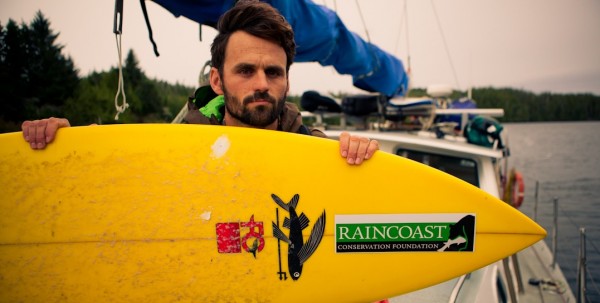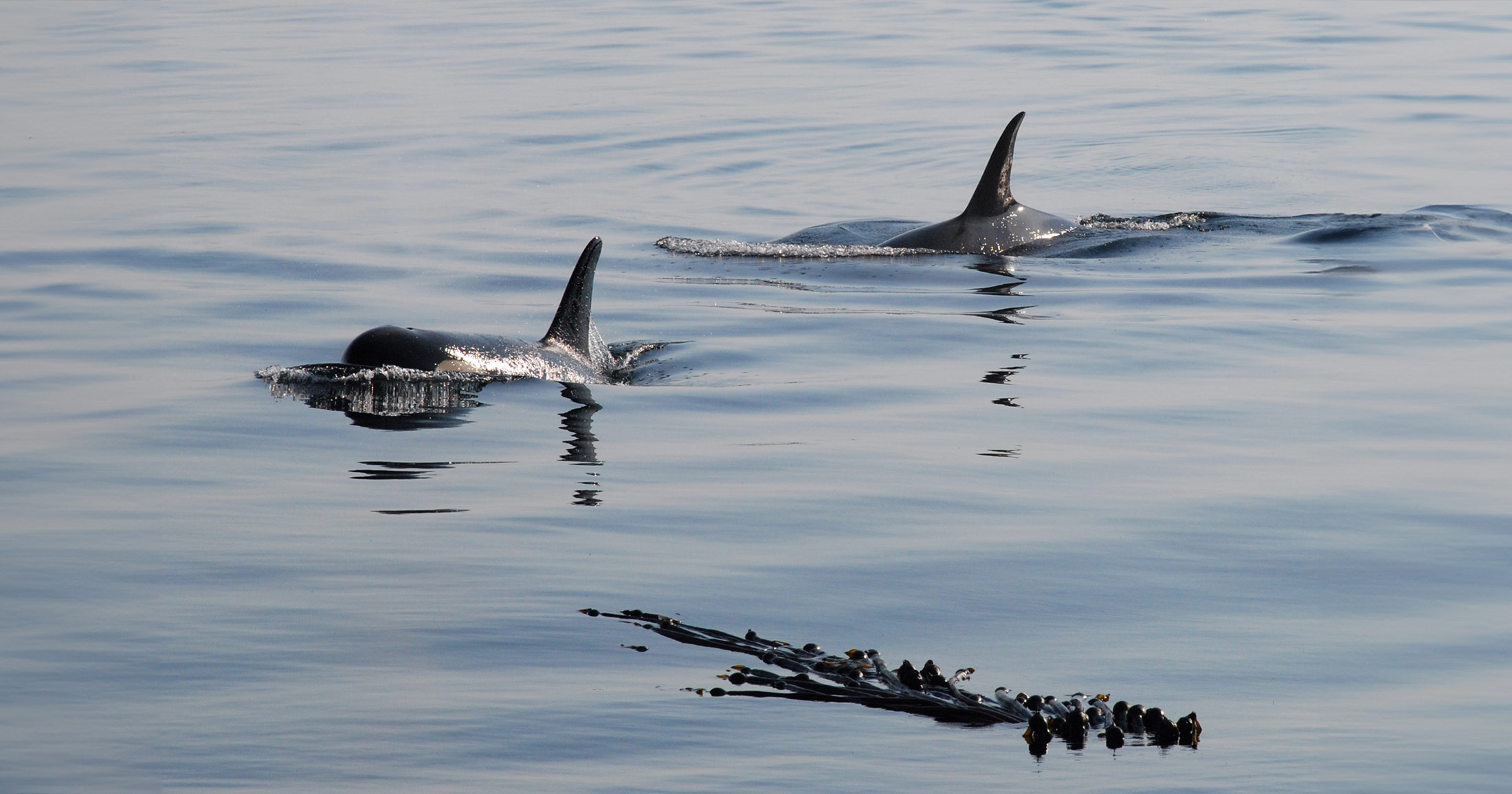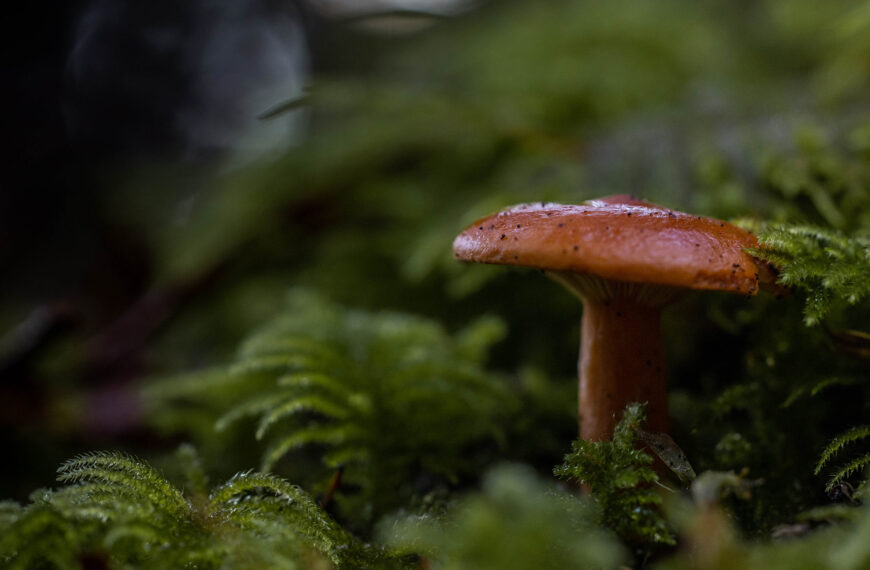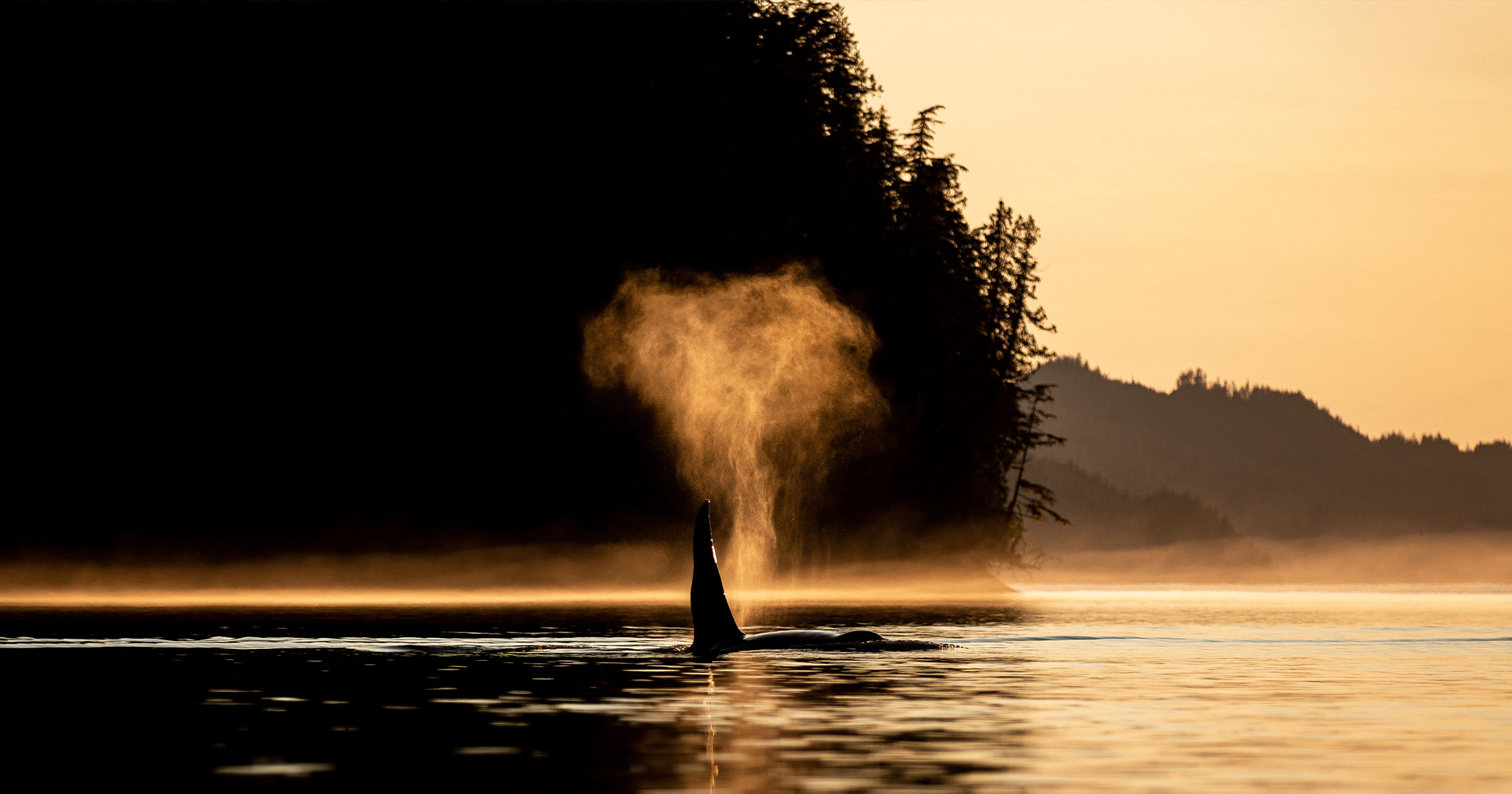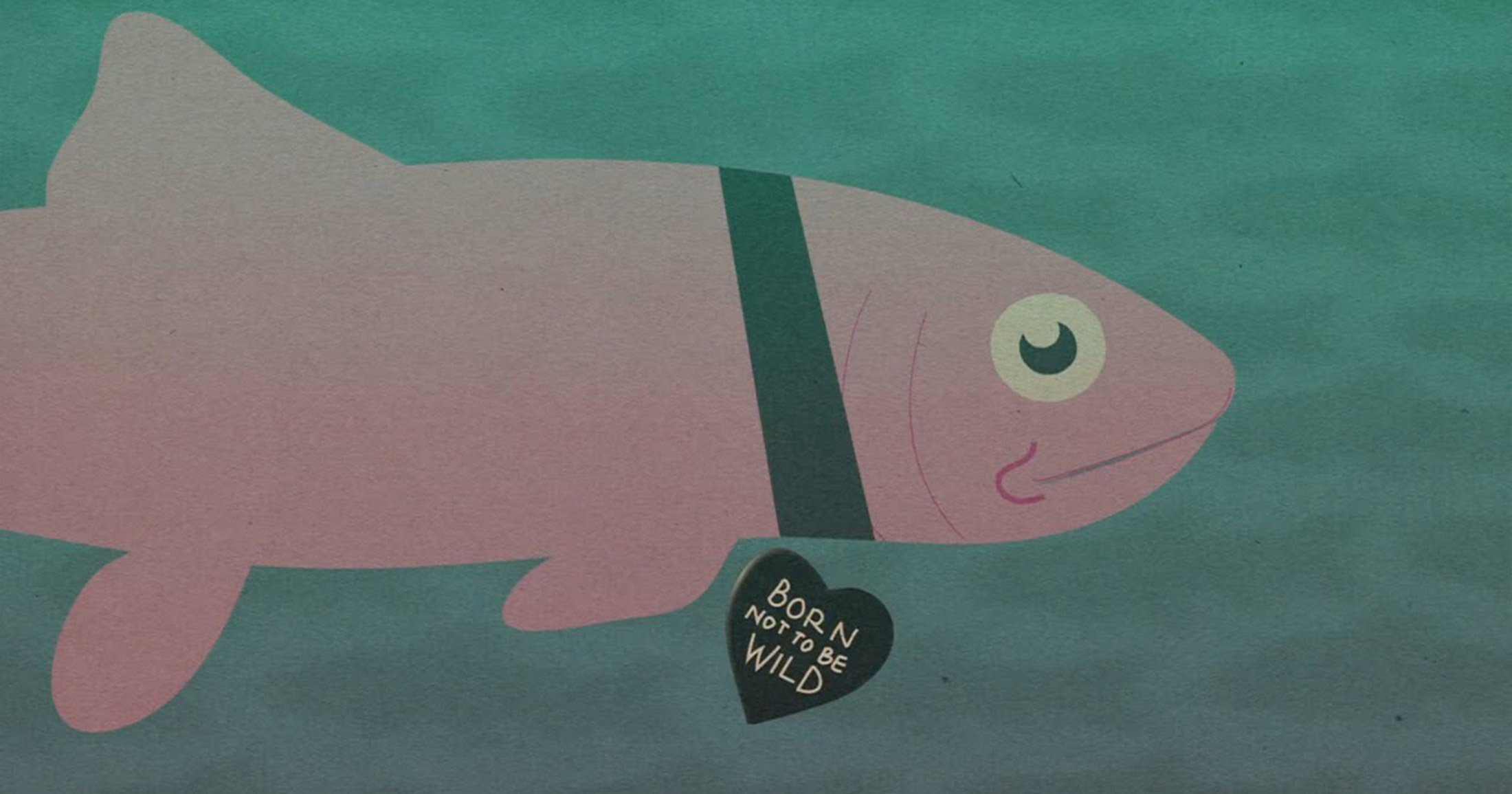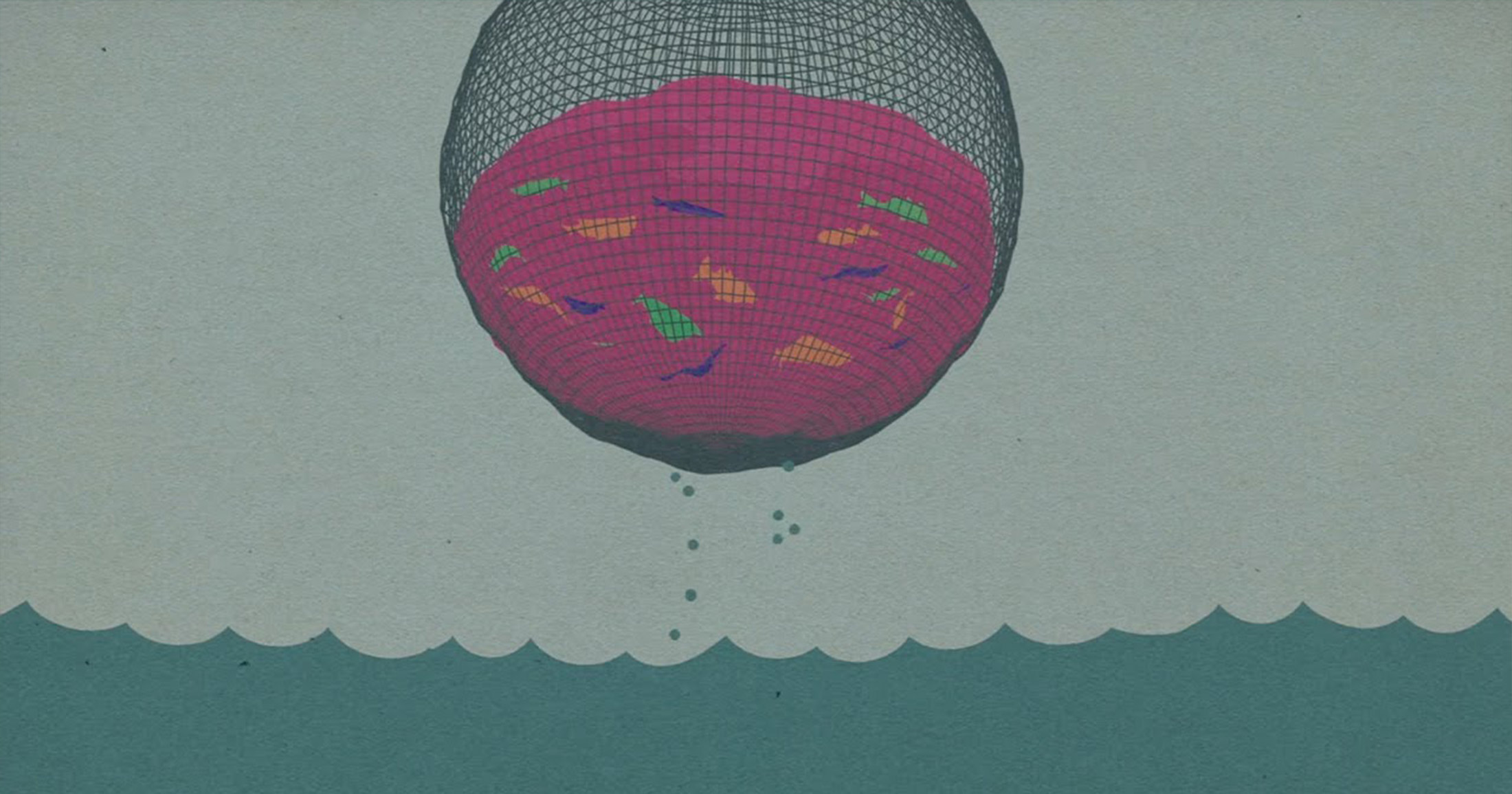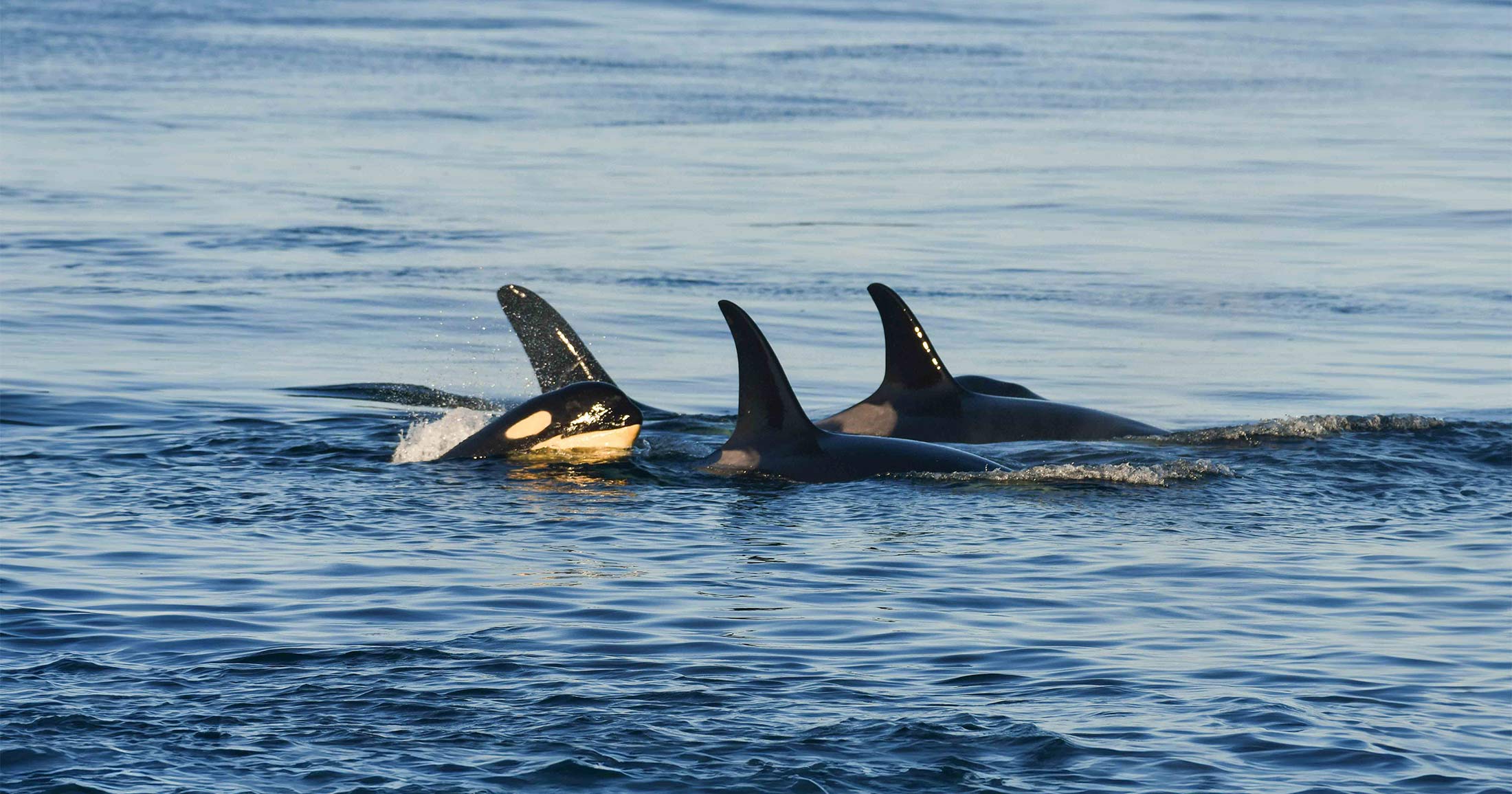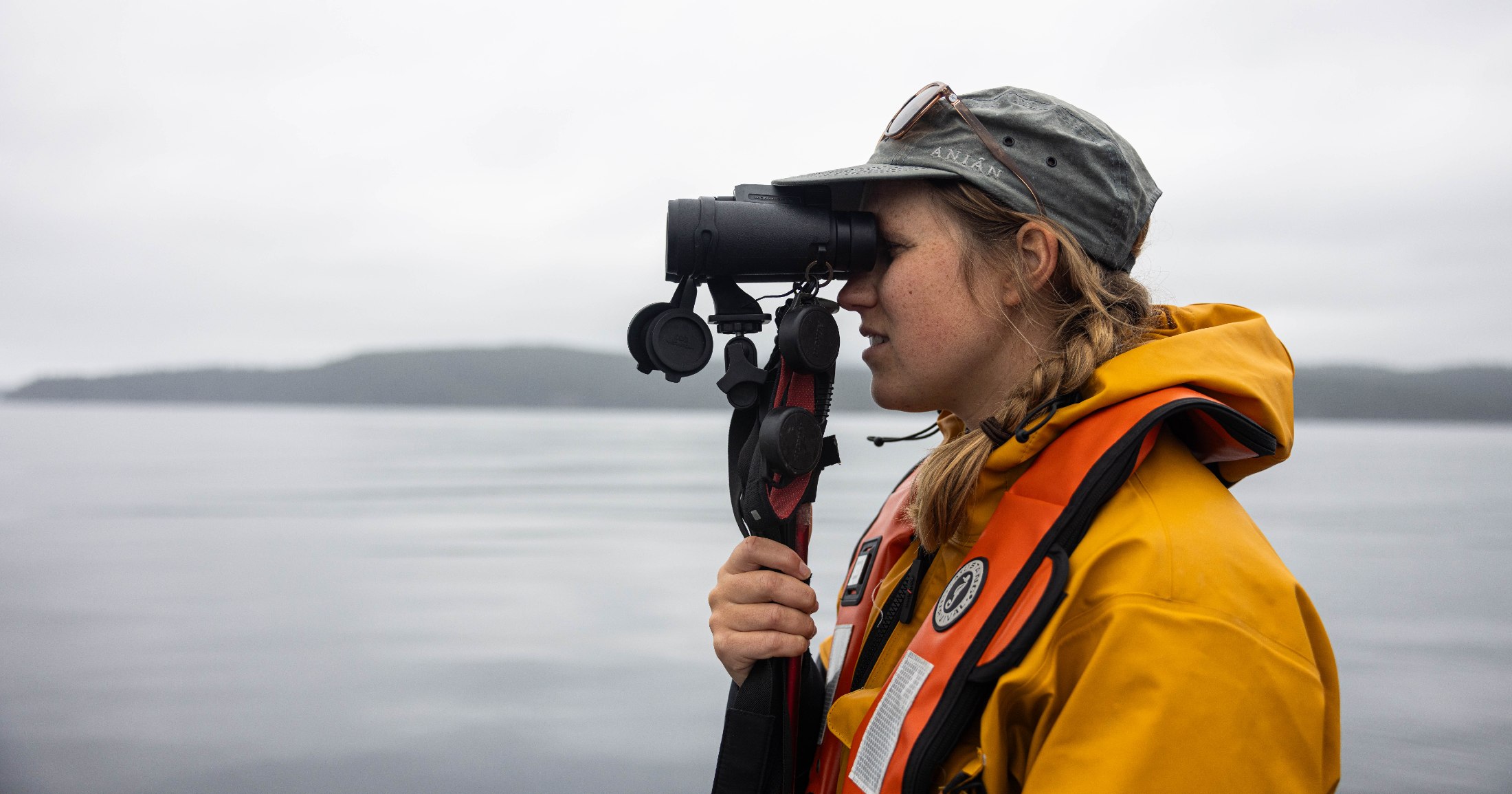Groundswell: take action
The Northern Gateway project invites the world’s largest supertankers and dirtiest oil to the unspoiled waters of coastal British Columbia. In addition to the possibility of oil spills in a place that hosts some of world’s most ecologically productive waters, Enbridge’s pipelines and tankers provide a key commercial outlet for tar sands oil, exacerbating the staggering impact from this massive industrial development and accelerating Canada’s contribution to atmospheric carbon and climate change.
Send a Message
Use the box below to send a personal message to Prime Minister Stephen Harper. Your message, along with that of thousands of Canadians has impact.
[emailpetition id=”2″]
As well as this message to Stephen Harper, a letter to BC Premier Christy Clark premier [at] gov [dot] bc [dot] ca and Federal Minister of Natural Resources Joe Oliver joe [dot] oliver [at] parl [dot] gc [dot] ca will ensure that your opinion is counted. Click here for our sample letter.
Sample letter
I am gravely concerned about the proposed Enbridge Northern Gateway Pipeline, which would transport crude bitumen from the tar sands in northern Alberta to Kitimat, British Columbia; the heart of the Great Bear Rainforest. If the pipeline is constructed, an estimated 225 oil tankers at least as big as the Exxon Valdez would navigate the Great Bear’s rocky northern coastline annually. Twice a week, over 500,000 barrels of tar sands crude would be shipped out and condensate shipped in. Quite simply, no amount of benefit can offset the risk our coast would accept.
This incredible coastline borders the last intact temperate rainforest in the world, and is as close to pristine as anywhere left on earth. Marine life abounds in this hotspot for whales, seabirds, and commercial seafood. Adjacent forests are the last remaining refuge for great predators like grizzly bears and wolves, which have been lost elsewhere. Like other species in these forests, they too depend on healthy marine ecosystems and their resources for their livelihood.
Oil spills in this environment would not only threaten these natural assets but also economic opportunities. This includes a burgeoning eco- tourism industrial as well as aboriginal, commercial and recreational fishing industries and aquaculture.
I urge you to stand with a clear majority of British Columbians, coastal First Nations communities and the growing numbers of Canadians and citizens around the world who want to keep oil tankers out of the waters of the Great Bear Rainforest and who want to keep BC’s north coast oil-free.
Sincerely,
(your name)
Implications beyond Canadian shores
The Enbridge project has implications beyond Canadian shores; the American Pacific Coast is also threatened by tankers laden with tar sands oil bound for Californian refineries. We urge citizens of the United States to contact your state senator to communicate your personal concerns. Californians can contact senators Barbara Boxer and Diane Feinstein; Oregonians can contact senators Ron Wyden and Jeff Merkly; and residents of Washington State can contact senators Patty Murray and Maria Cantwell. click here for our sample letter.
Voice your Opinion
Opinion Editorials and Letters to the Editor are widely read and influence popular and political direction. Consider lending your voice:
Canadian publications
American publications
Share your Views
Please like us on Facebook and Follow us on Twitter. Share this information and help us bring this message to the widest possible audience.
Support Raincoast
Our extensive research, informed advocacy and engagement in lengthy formal hearings all take time and money. We have various options for you to contribute. All contributions, which are tax-deductible in both Canada and the US, make a real difference and are greatly appreciated.
Support our mobile lab, Tracker!
Our new mobile lab will enable the Healthy Waters Program to deliver capacity, learning, and training to watershed-based communities. We need your support to convert the vehicle and equip it with lab instrumentation. This will allow us to deliver insight into pollutants of concern in local watersheds, and contribute to solution-oriented practices that protect and restore fish habitat.


